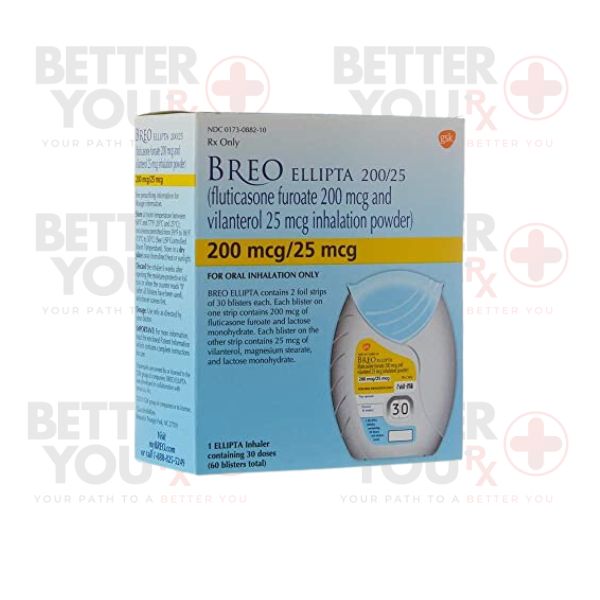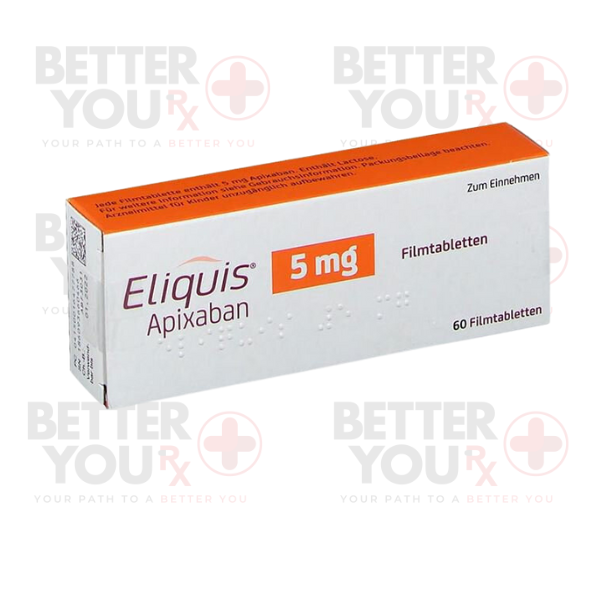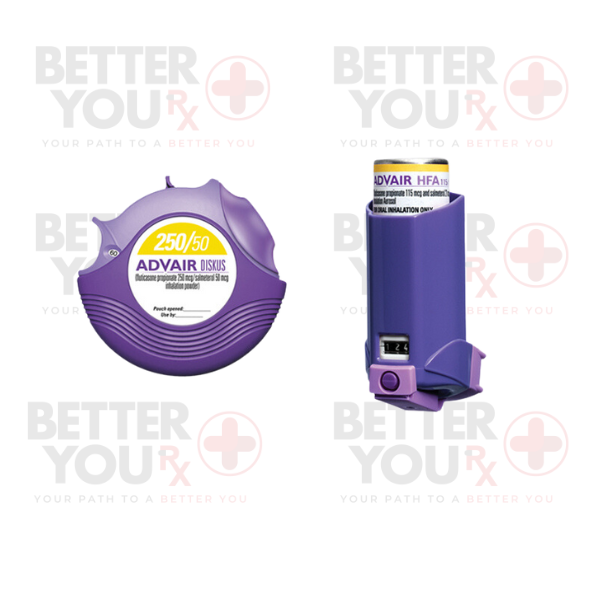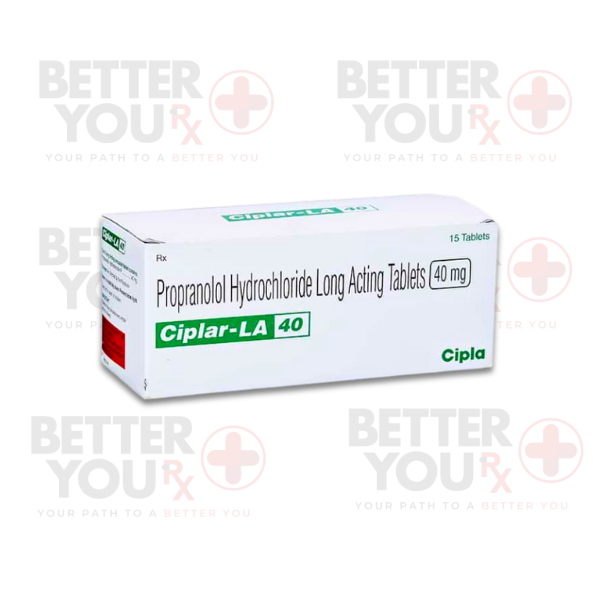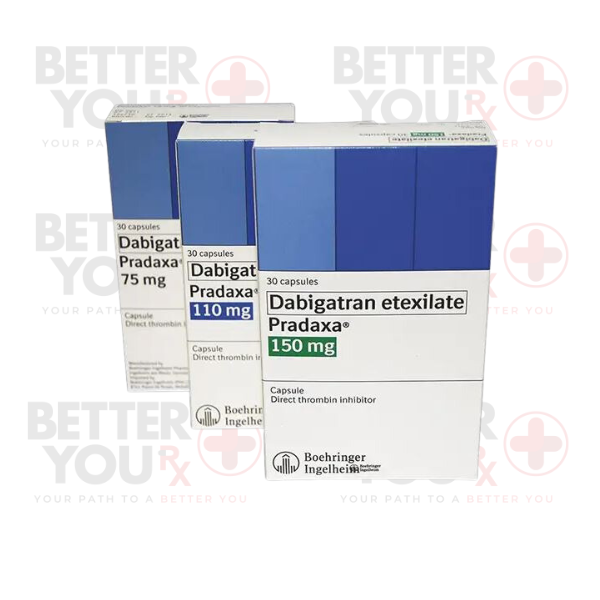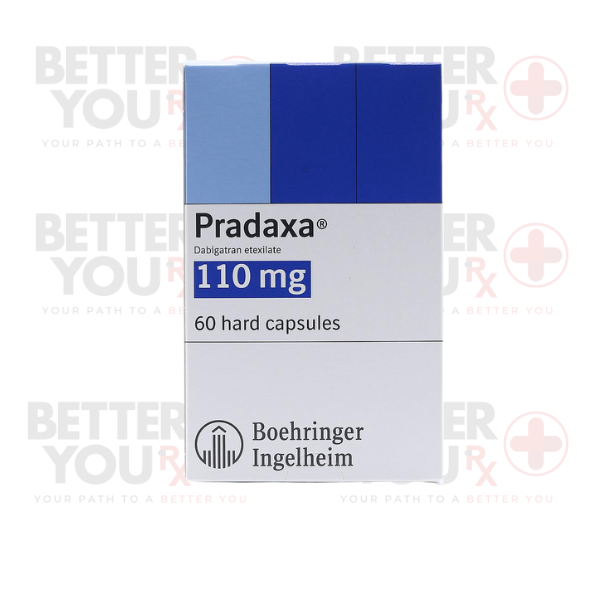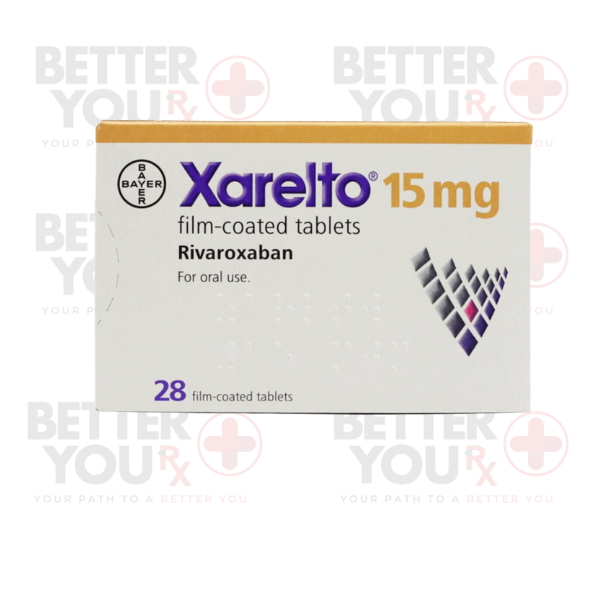| Usage |
Usage
Budesonide is available in capsule form for oral consumption. Typically, it is taken once a day in the morning, and it's essential to maintain a consistent schedule. Your doctor will provide specific instructions regarding the duration of budesonide treatment. To ensure proper usage, follow the directions on your prescription label meticulously, and don't hesitate to ask your doctor or pharmacist for clarification on any unclear aspects. Adhere to the prescribed dosage precisely—refrain from taking more or less than directed or altering the frequency without your doctor's approval.
When taking budesonide capsules, swallow them whole; do not split, chew, or crush them unless advised otherwise by your doctor. If you encounter difficulties swallowing the capsules whole, consult your doctor for guidance. It's important to note that while budesonide may effectively manage your symptoms, it is not a cure for your condition. Your doctor will closely monitor your progress to evaluate the efficacy of budesonide. If your symptoms are well-controlled, your doctor may gradually reduce your budesonide dosage. After maintaining symptom control for three months, your doctor may slowly taper your dose and eventually discontinue treatment with this medication. It's crucial to communicate your well-being and any concerns to your doctor throughout treatment. You can also request a copy of the manufacturer's patient information from your pharmacist or doctor for additional details.
|
| Side Effects |
Side Effects
Budesonide may lead to certain side effects. If you encounter any of the following symptoms and they are severe or persistent, inform your doctor:
• Headache
• Dizziness
• Runny nose, sneezing, coughing
• Nausea
• Indigestion
• Abdominal pain
• Gas
• Vomiting
• Fatigue
• Back pain
• Pain
Some side effects can be more serious, and you should contact your doctor immediately if you experience any of the following:
• Itching
• Skin rash
• Fever
• Swelling of the face and neck
• Difficulty breathing
• Severe headache
• Changes in vision
• Acne
• Bruising
Budesonide may also result in other side effects that are not listed here. Should you encounter any unusual problems while taking this medication or if your symptoms worsen, contact your doctor for guidance.
|
| Storage |
Storage
Store this medication in the original container, keeping it tightly closed and out of the reach of children. Store it at room temperature, away from excess heat and moisture (avoid storing it in the bathroom).
Disposing of unneeded medications should be done in a way that ensures they cannot be consumed by pets, children, or others. Do not flush this medication down the toilet. Instead, the recommended method for disposal is through a medicine take-back program. To find out about such programs in your community, consult your pharmacist or contact your local garbage/recycling department.
Since many containers, including weekly pill organizers and those for eye drops, creams, patches, and inhalers, are not child-resistant and can be easily opened by young children, it's essential to Ensure that all medications are stored out of sight and reach of children. To prevent poisoning incidents, always secure safety caps and promptly place medications in a secure location, up and away from where children can access them.
|
| Special Precaution |
Special Precaution
Before using budesonide, it's important to consider the following:
• Inform your doctor and pharmacist of any allergies you have, including allergies to budesonide or other medications.
• Provide your doctor and pharmacist with a comprehensive list of all prescription and over-the-counter drugs, vitamins, supplements, and herbal products you are currently using or planning to use. Special attention should be given to medications such as clarithromycin, erythromycin, ketoconazole, indinavir, itraconazole, nefazodone, nelfinavir, ritonavir, and telithromycin, as they may interact with budesonide. Even medications not mentioned in this list may interact with budesonide, so ensure your doctor is aware of all your medications.
• Share your medical history, including any family history of diabetes (high blood sugar) or glaucoma, as well as any personal history of tuberculosis, high blood pressure, osteoporosis (a condition characterized by fragile and easily broken bones), stomach ulcers, cataracts, or liver disease.
• Notify your doctor if you are pregnant, suspect that you might be pregnant, plan to become pregnant, or are currently breastfeeding. If you become pregnant while using budesonide, contact your doctor.
• If you are scheduled for surgery, including dental procedures, inform the healthcare provider performing the procedure that you are taking budesonide.
• Inform your doctor if you have never had chickenpox or measles and have not received vaccinations for these infections. Take precautions to avoid contact with sick individuals, particularly those with chickenpox or measles. If you are exposed to or develop symptoms of these infections, promptly contact your doctor. You may require treatment to protect against these illnesses.
|


